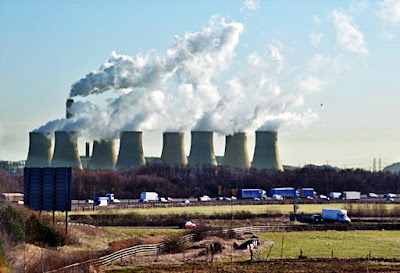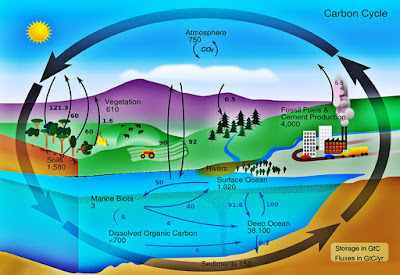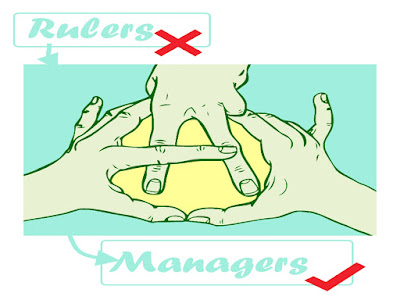Consumerist Individualism & Politics can kill Fight against
Climate Change
The sense of urgency that had begun to be
perceived a few years back is largely fading away across the world, as policy
makers struggle with more urgent problems like recession, and common folk worry
about their jobs, incomes and social security. Leaders are resorting to
populism, and are reluctant to cut down fossil fuel consumption that is
essential to address the crisis. Passing the buck to developing countries is another
disturbing trend, completely ignoring that per capita emissions there are just
a fraction of those in more privileged ones, as well as the fact that the economic
and political benefits of industrialization that gave rise to their privileges were
associated with the sins of environmental damage that went hand in hand with it.
In all the noise, the issue is getting lost and maybe, with it the opportunity
to redeem ourselves. It seems that the moral imperatives are beginning to take
their toll.
 |
| Incessant Consumerism and Unfortunate Politics are Not Helping the General Will of People in Taking Coordinated Measures like Carbon Tax to Address Global Warming |
The Last Chance...
It seems that the humanity is on its way to losing its fight to
survive the challenge of global warming and climate challenge.
While we work, or rather quarrel our way on a path that could
potentially lead to the death of our civilization, that one last chance of
redeeming the situation seem to be slowly sipping away from our grasp. If we
really intend to avoid disaster, now is the time to act. But we can move in the
right direction only when we know where we went wrong. As of now, it seems that
from the masses to the leaders, everyone is happy playing the game of
international politics, where those with means try to push their weight to
shift the blame to the less privileged, even while knowing fully well, that
their privileges and prosperity arose from industrialization, which was the
real culprit in creation of this mess.
If there has been a time to revert to morality, this is it. The difference
between what is right and what is wrong is the fundamental basis of a
civilization’s survival. Although, today the world is becoming more of a market
and less of a civilization, we must not forget that markets give us prosperity,
but survival is impossible without the civilization and its moral strengths.
These strengths are derived from our ability to recognize what is true, what is
correct and what must be done to ensure our survival.









